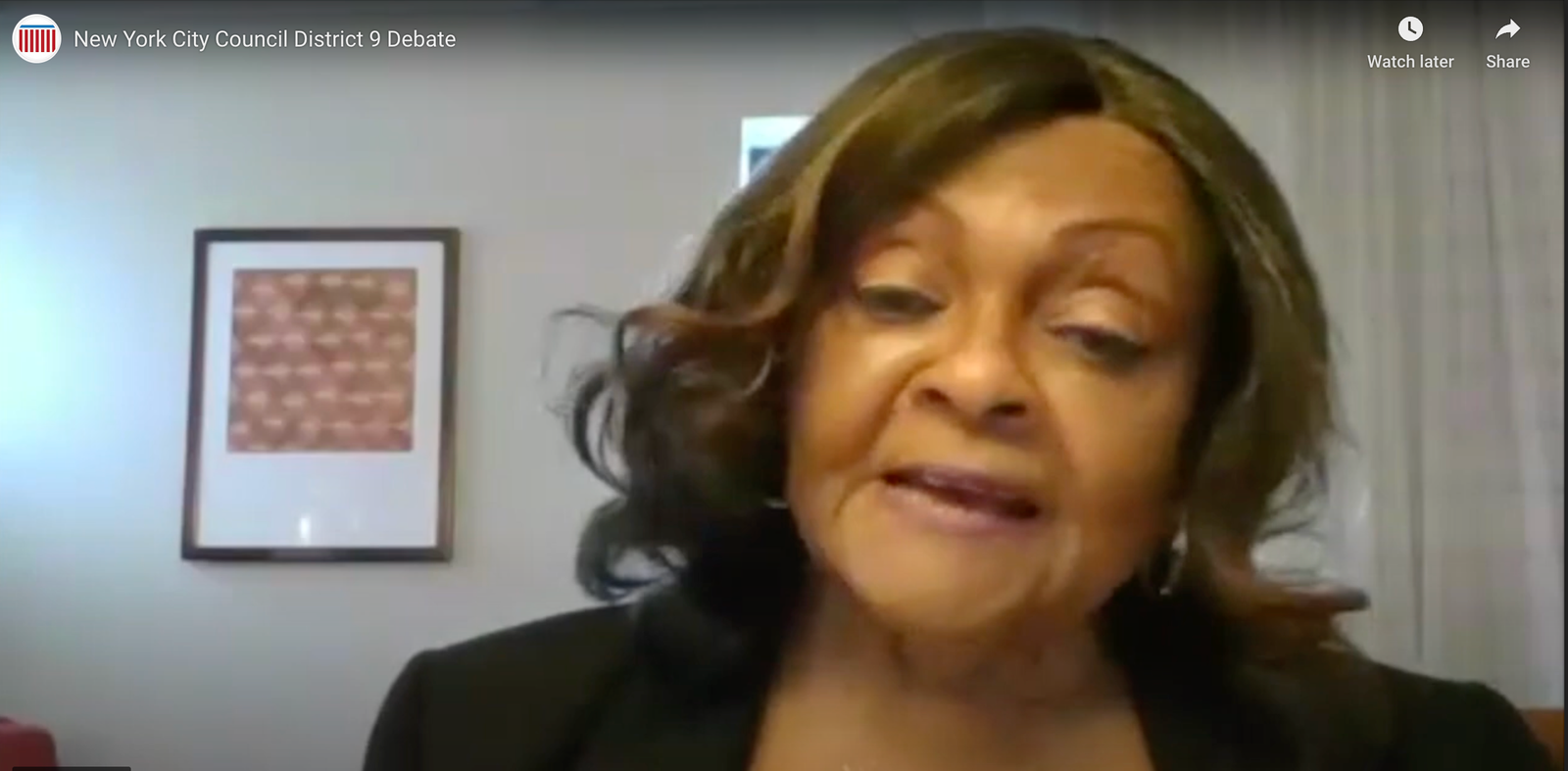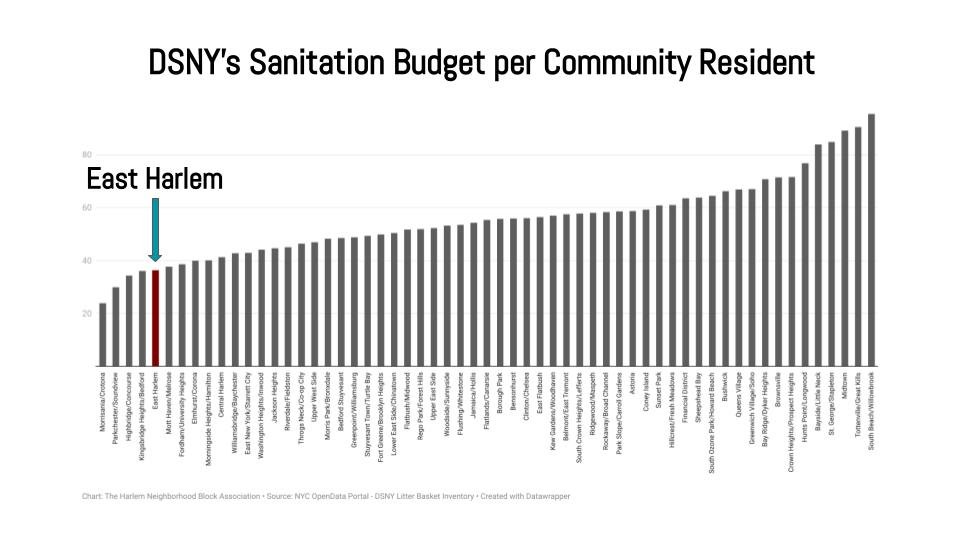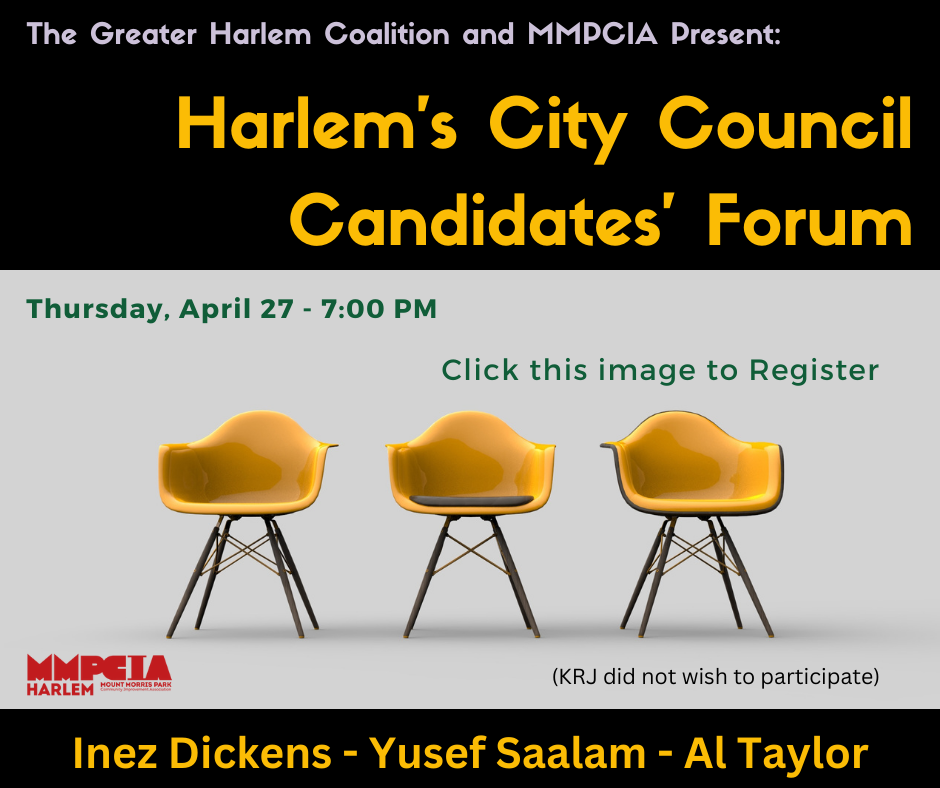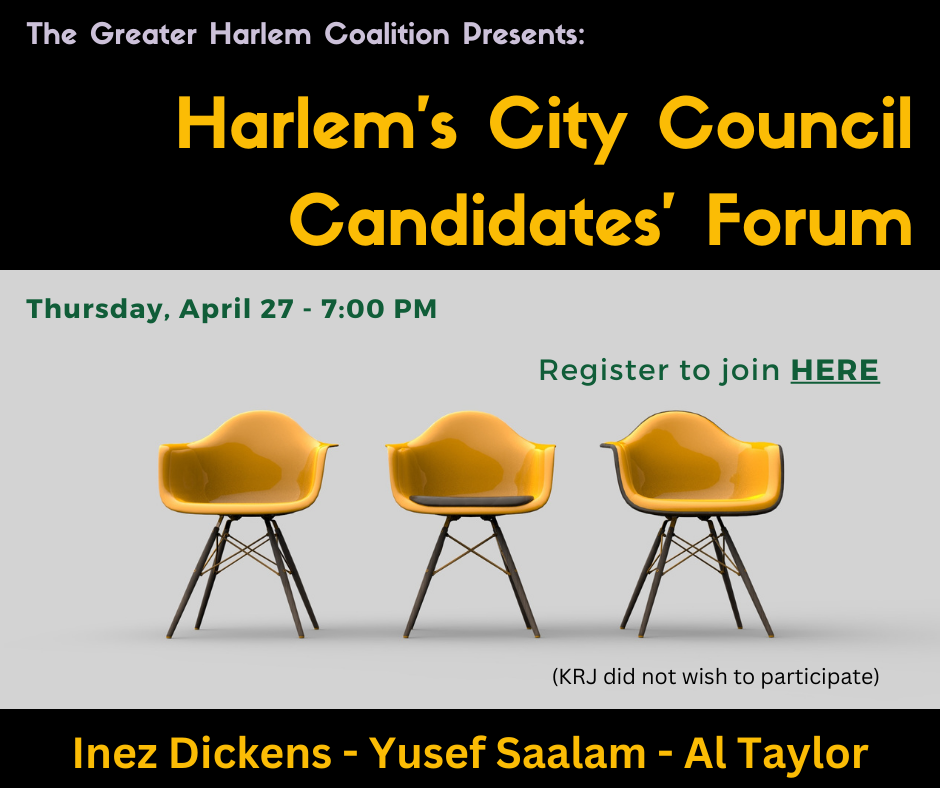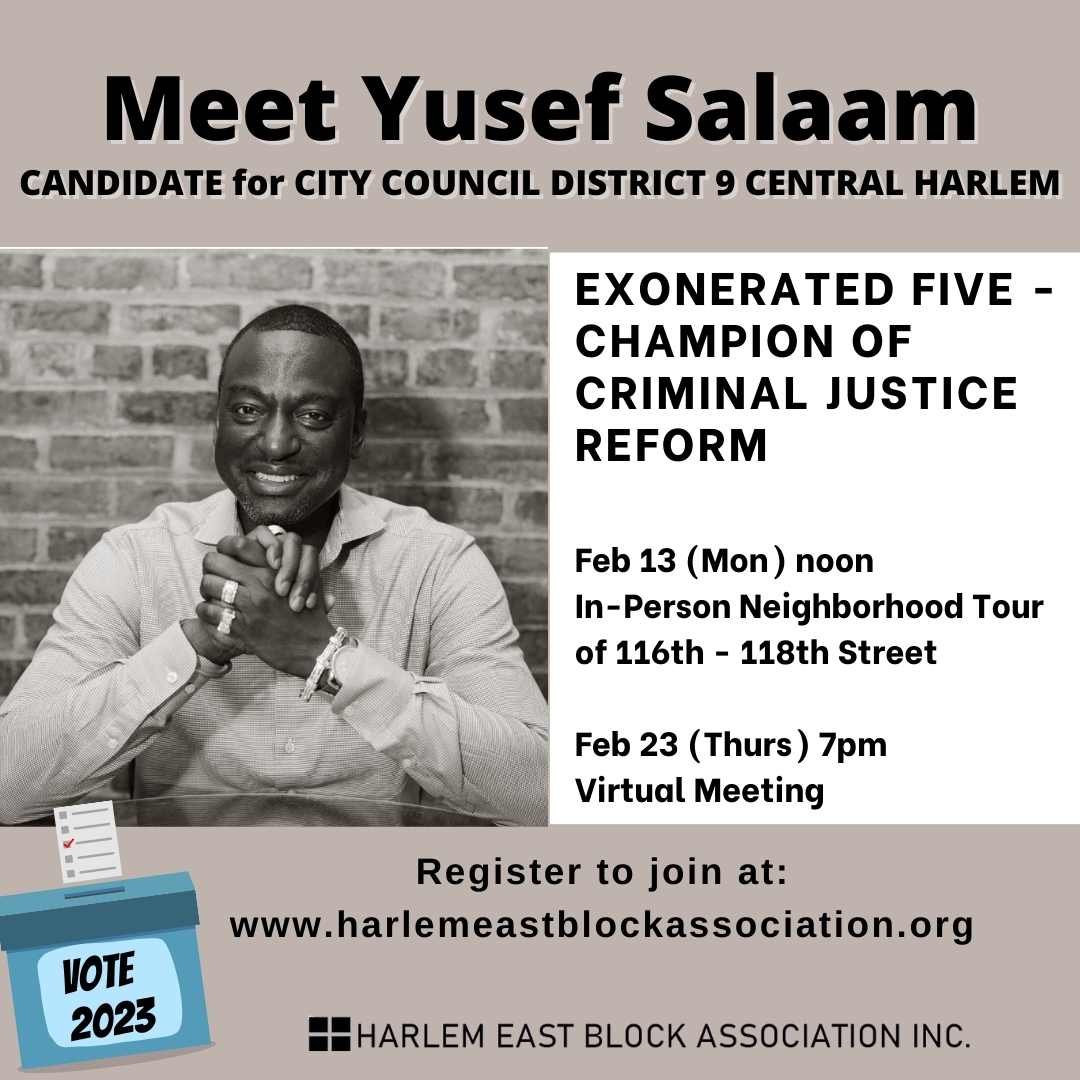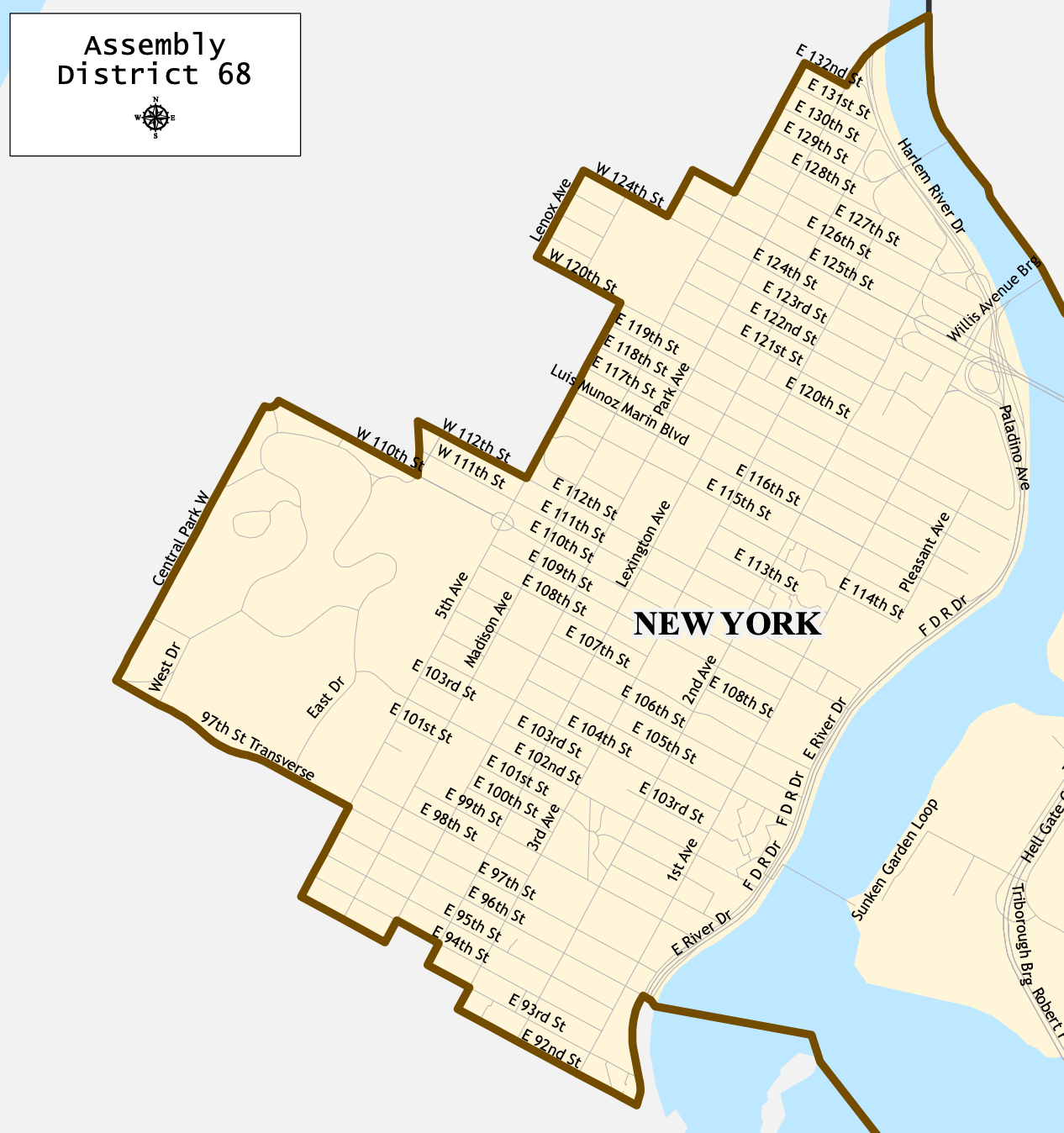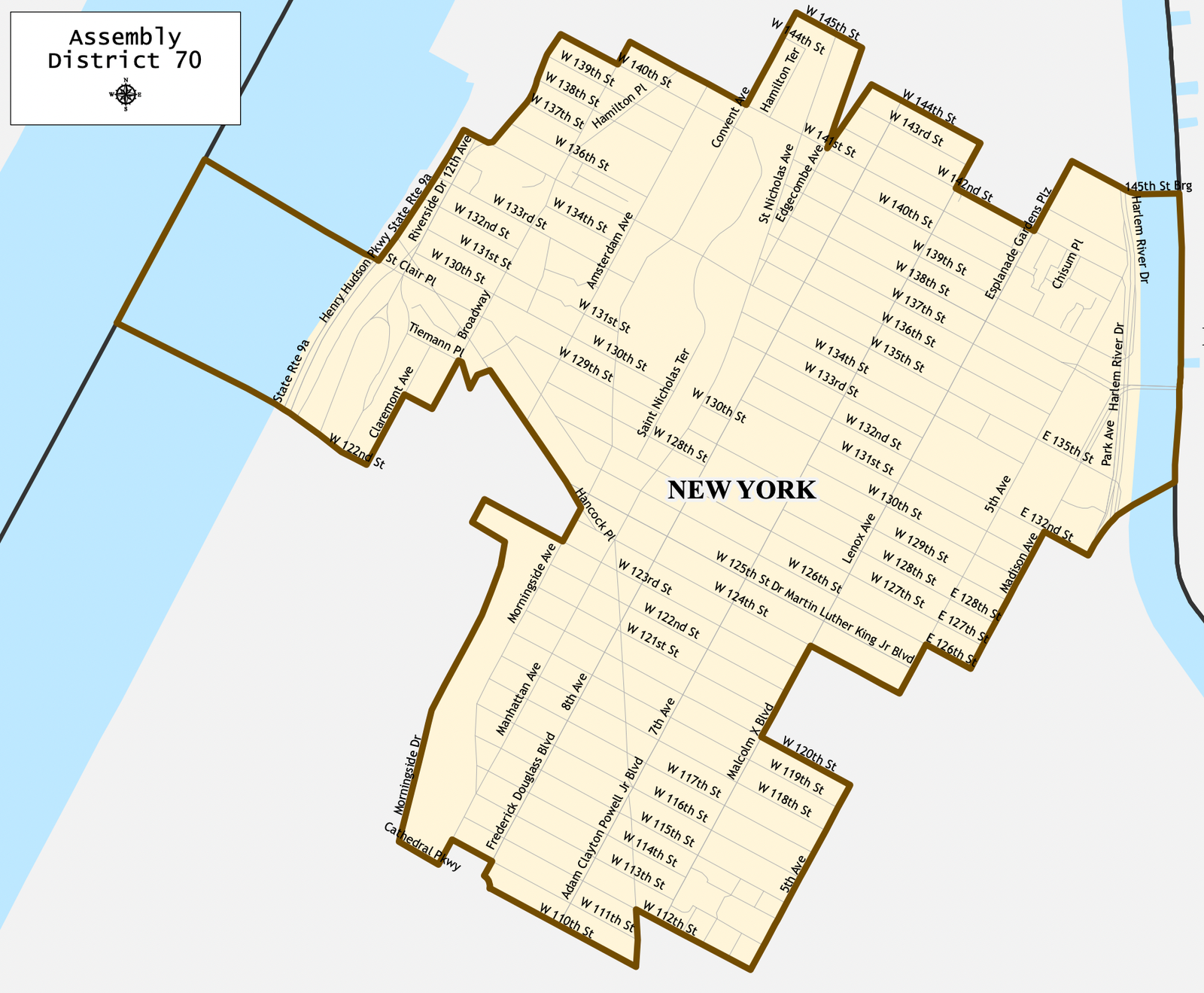Tag: Candidates' Forum
-

60 Years Ago, Today
On June 13th, 1963, with Kennedy in the White House (just having dealt with the Cuban Missile Crisis) Black and Latino construction workers picketed and protested at Harlem Hospital. Why? The new building (now 60 years old) was being built with labor that did not hire Black or Latino workers. New York CORE’s campaigned against…
-

Next Tuesday: Harlem Talks Trash!
On Tuesday, June 13th at 7:00 PM you are invited to the June HNBA meeting where we’ll talk trash! Come out to hear from local elected officials, Community Board 11, DSNY, and others on inequity in the Department of Sanitation’s services provided to our community. We’ll meet in the ground floor community room at the…
-

Save the Date! Harlem Talks Trash!
On Tuesday, June 13th at 7:00 PM you are invited to the June HNBA meeting where we’ll talk trash! Come out to hear from local elected officials, Community Board 11, DSNY, and others on inequity in the Department of Sanitation’s services provided to our community. We’ll meet in the ground floor community room at the…
-

Candidates’ Forum Tonight
Join MMPCIA and The Greater Harlem Coalition tonight at 7:00 PM by registering HERE and attend Harlem’s 2023 City Council Candidates’ forum. If you have questions for the candidates, please fill out THIS FORM. Candidate Yusef Salaam’s Position on Defunding the NYPD, Addiction Treatment, and Background Checks for Tenants Candidate Yusef Salaam met with the…
-

Amsterdam News
Commanding Officer Maisonet A huge thank you to the 25th Precinct’s Commanding Officer Maisonet. His tenure has witnessed notable improvements and ‘good neighbor’ behavior at his precinct. Walking past the back of the precinct’s parking lot along Park Avenue shows a clean sidewalk – not the trash filled experience neighbors had witnessed for years. Thank…
-

Black Home Ownership
Earlier in April, Blandon Casenave presented to HNBA at our monthly meeting. Blandon is a native New Yorker and independent political analyst, with over thirty-years of activism in the African-American community, who was born and raised in Brooklyn and now resides in the Bronx. Blandon’s work on the erosion of the Black middle class is…
-
Register for the Candidate’s Forum Next Week
Join The Greater Harlem Coalition and MMPCIA at next week’s Harlem City Council Candidates’ Forum. The forum will begin at 7 PM on Thursday, April 27th. Harlem’s current City Councilmember declined to attend. If you have questions for the candidates, fill out this form after registering for the Zoom webinar. Claire Oliver Gallery Make sure…
-

Harlem’s City Council Candidates’ Forum
Register HERE to attend Harlem’s City Council Candidates’ Forum. The forum will be on Thursday, April 27th at 7:00 PM. The forum is cosponsored by The Greater Harlem Coalition and MMPCIA. (Harlem’s current Councilmember declined to attend.) If you have questions that you’d like the candidates (or one specific candidate) to answer, please write it…
-

Harlem’s City Council Candidates’ Forum
Make sure to register HERE for Harlem’s 2023 City Council Candidates’ Forum. The forum will be held on Thursday, April 27th at 7:00 PM and feature Assemblymember Inez Dickens, candidate Yusef Saalam, and Assemblymember Al Taylor. Our current councilmember chose not to attend the forum. All registrants have the option to send questions for the…
-

Candidate for Harlem’s City Council Representative
The Harlem East Block Association (HEBA) is planning on endorsing a candidate for city council as soon as possible, hopefully by early April. To accomplish this, they are meeting with candidates and then going to survey their members on who HEBA should endorse. Note candidates will be asked to fill out a questionnaire. A draft is…
-

Who’s Going To Represent You/Harlem In Albany?
The New York State 68th Assembly District primary is coming up. Whoever wins the primary will likely be your representative in Albany. If you live in the area shown on the map below, make sure to register for the candidates’ forum tomorrow (Thursday, June 9th, at 7:00 PM) using this link: https://fordham.zoom.us/meeting/register/tZIocuGtqD0oEtXpPxQTWfT54jA20YivmtWL Junteenth! GothamToGo has…
-

Who’s Going To Represent You/Harlem In Albany?
The New York State 70th Assembly District primary is coming up. Whoever wins the primary will likely be your representative in Albany. If you live in the area shown on the map below, make sure to register for the candidates’ forum tomorrow (Thursday, June 2nd, at 7:00 PM): https://fordham.zoom.us/meeting/register/tZEud-2srT8sHtVPXlbcKERFa_AmPHiQyurt : Election/Primaries News Remember, as of…
